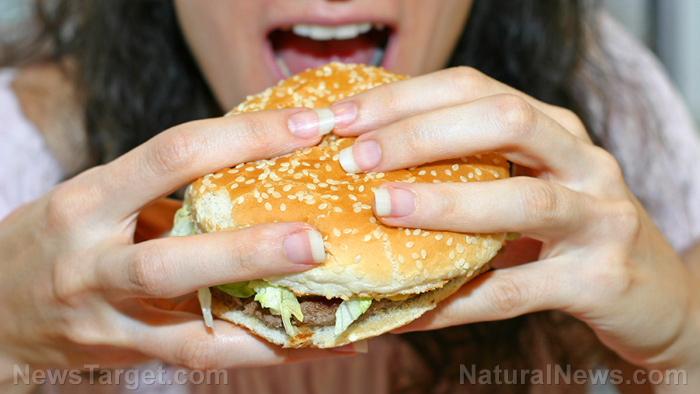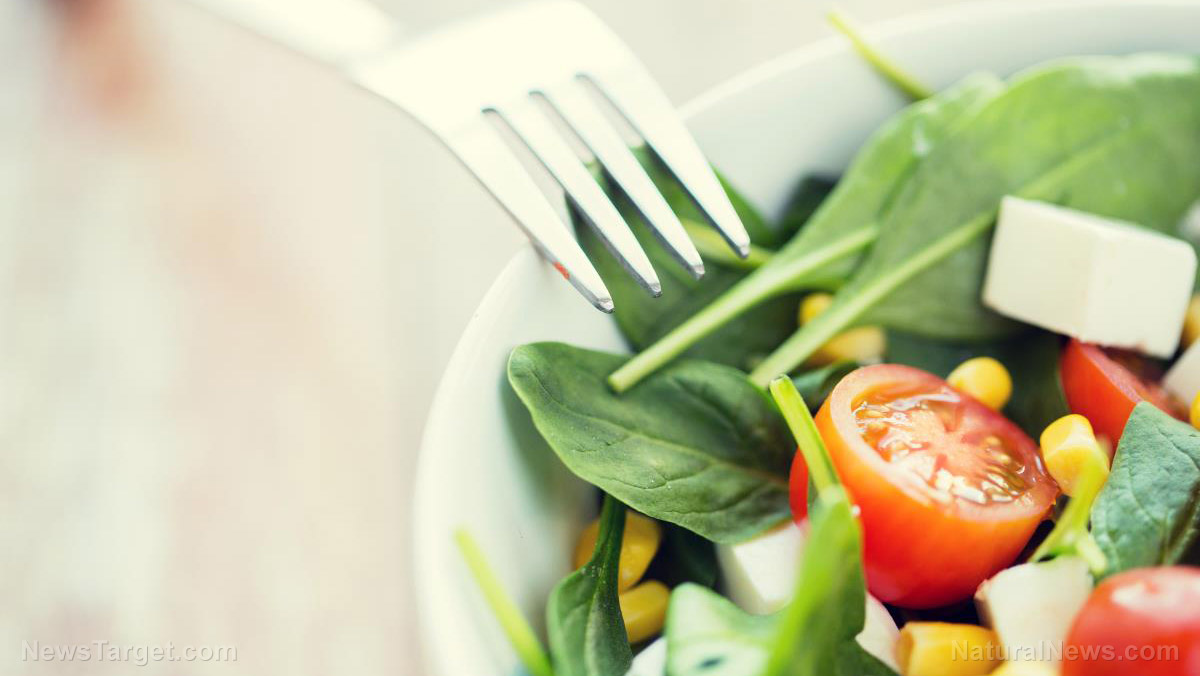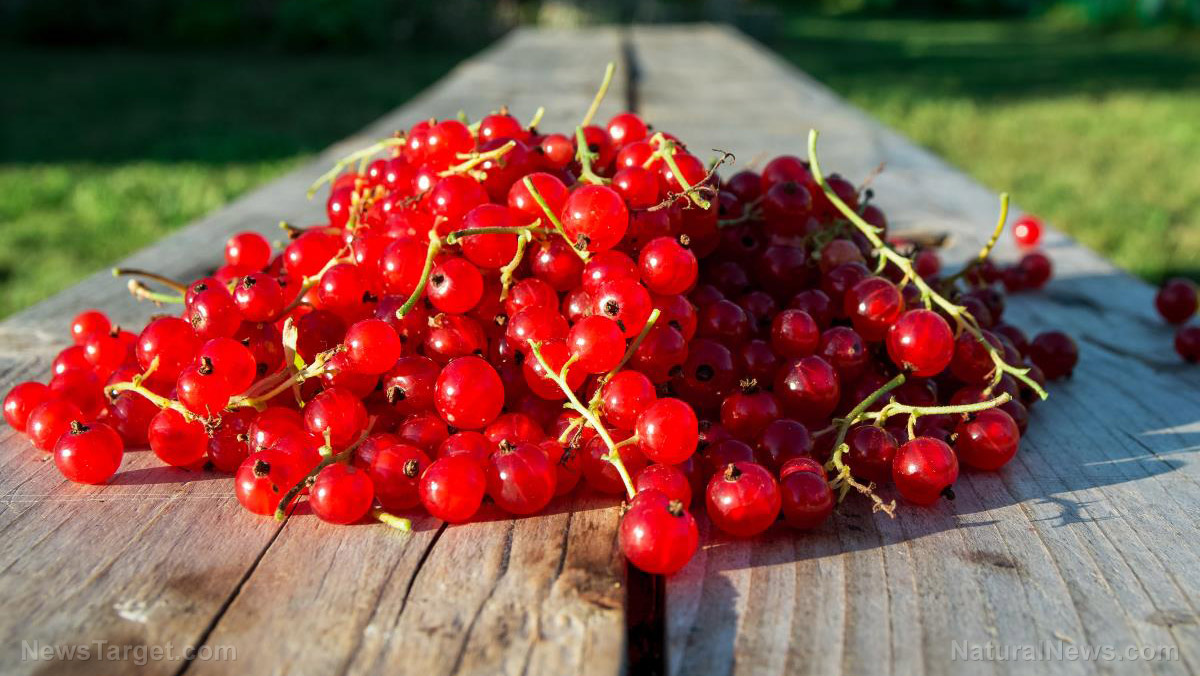Want some CRUELTY for lunch? Burger King’s “Impossible Burger” was developed using cruel tests on animals
12/27/2019 / By Ethan Huff

The vegans over at PETA (People for the Ethical Treatment of Animals) are freaking out over the fact that Impossible Foods decided to test one of its “Made from Plants” burger ingredients on some rats that ultimately died during this chemical experimentation.
Some 188 rodents had to be killed and cut into pieces as part of a feeding test involving soy leghemoglobin, also known as legume hemoglobin, an iron-containing protein derivative of soybeans – a feeding test that PETA “scientists” say was completely unnecessary.
The burgers themselves, which are now being consumed by millions of “plant-based” progressive, are a genetically-modified (GMO) nightmare “food.”
PETA is widely known for focusing almost all of its attention on animals, often at the expense of humans. Even so, if what PETA is contending here is actually true – that helpless animals could have lived rather than be killed – then we can chalk it all up to yet another pointless “food science” endeavor gone wrong.
And PETA really does have a point: The Impossible Foods website indeed touts its “burgers” as being vegan-friendly and something that both vegans and vegetarians can “[f]eel good about biting into.”
“How could anyone feel good about eating something from a company that chose to feed caged rats ‘massive doses’ of a substance before they were killed and their bodies were cut up?” a PETA announcement about this discovery asks.
According to PETA, “rats make the best companions,” so using them to test feed chemicals is hardly an ethical course of action, in this group’s view. And it’s true that testing vegan food products on animals defeats the point, considering vegans want nothing to do with animal cruelty – though many of them bizarrely love to consume fake, meat-like foods that taste, smell, and have similar textures to actual meat.
PETA may want to consider the actual ingredients in Impossible Burgers, which leave a lot to be desired. Actual humans are consuming gobs of endocrine-disrupting soy derivatives in these “burgers,” which are negatively impacting their hormonal systems – and all for the purpose of maintaining a “sustainable,” plant-based lifestyle.
PETA says that Impossible Burgers are unhealthy for humans, too
The plant-based craze is largely a sham, we’ve repeatedly warned. And even PETA is now pointing out the utter hypocrisy of Impossible Burgers, which really aren’t any more healthy or animal-friendly than the real meat produced at slaughterhouses.
PETA goes into great depth explaining how test animals like the rats used in Impossible Burger experiments are confined “to plastic shoebox-sized containers stacked against the wall.” Despite being social creatures, these rats are subdued in fear, a thought that’s disturbing to anyone with a heart for the helpless.
“Studies show that their hearts race in fear even at the sound of the laboratory’s doorknob turning,” PETA reports about the horrors endured by laboratory test animals.
PETA reportedly approached Impossible Foods founder Patrick Brown about the issue, and Brown admitted that the test didn’t have to be conducted. But he apparently refused to commit to never conducting similar animal experiments in the future, which means more rats are likely to be harmed so that vegans can consume plant-based, meat-like “foods.”
“Impossible Foods’ big claim to fame is that there’s heme in its burgers. Well, here’s a shocker: This heme comes from soy leghemoglobin and contains more iron than that found in the heme of a similar serving of red meat,” PETA further warns, expressing concern for the welfare of humans who consume this product.
“Having too much iron in your blood can mean a greater risk of developing cancer, especially for men and postmenopausal women. There’s no need to consume heme, since the body makes its own to be used in hemoglobin – which helps transport oxygen in red blood cells.”
For more related news about food science, check out FoodScience.news.
Sources for this article include:
Tagged Under: Animal testing, Burger King, cruelty, evil, fast food, GMO, Impossible Burger, Made from Plants, rats, soy leghemoglobin, toxic ingredients, Twisted
RECENT NEWS & ARTICLES
COPYRIGHT © 2017 FOOD SCIENCE NEWS



















